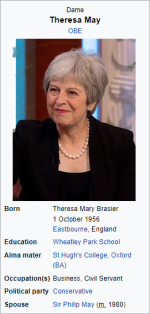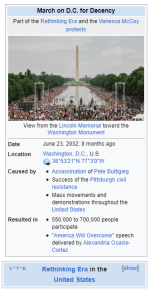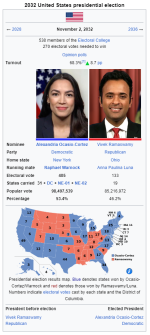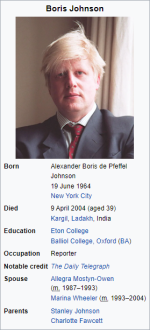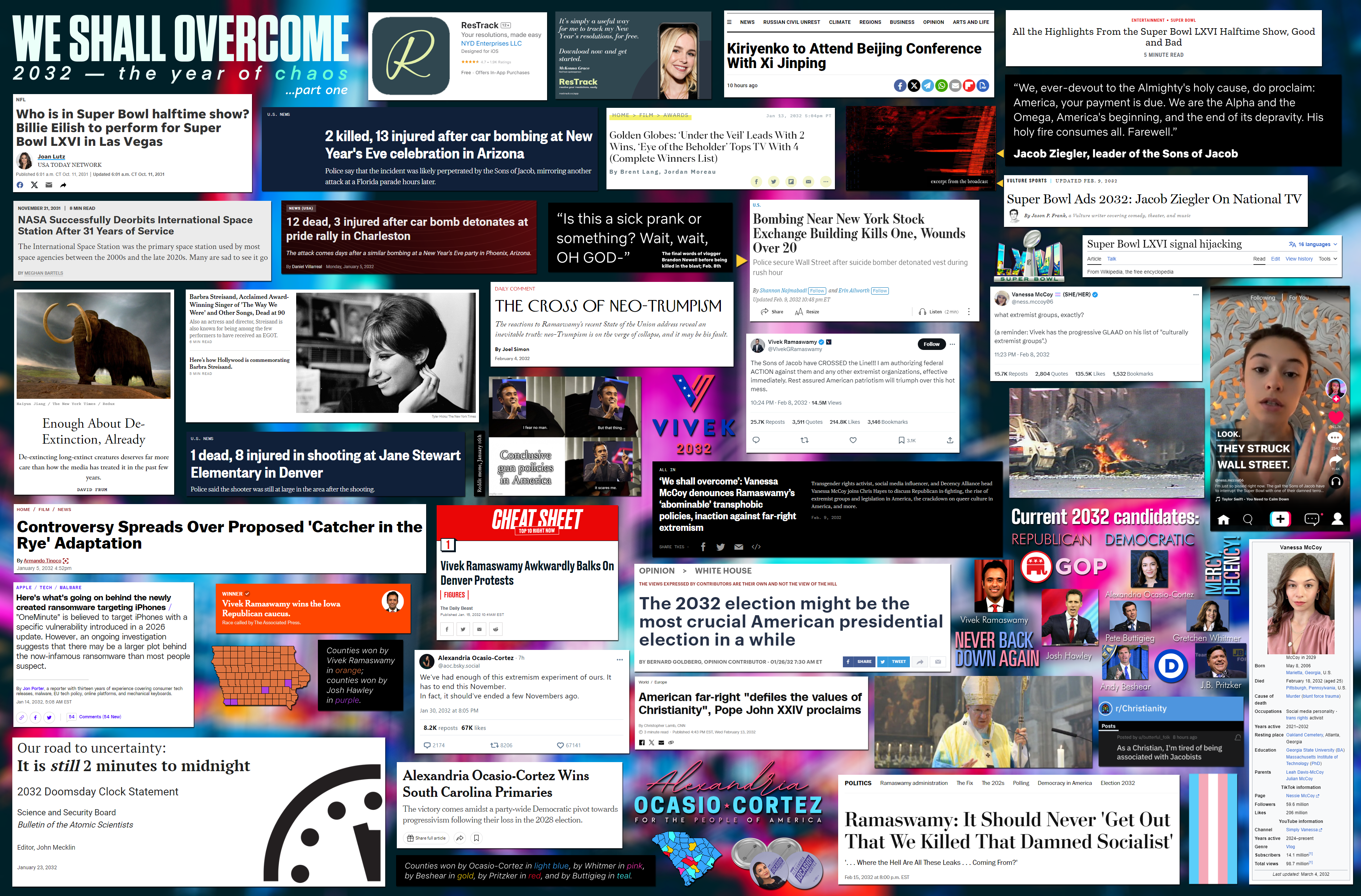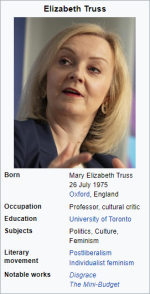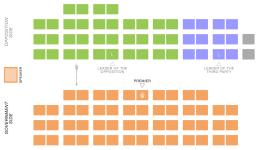- Location
- Toronto, ON, CA
Edward Heath
Harold Wilson
James Callaghan
Margaret Thatcher
John Major
Tony Blair
Gordon Brown
David Cameron is a British intelligence officer who has been serving as the Director General of MI5 since 2018.
Cameron was born in London and educated at Eton College and Oxford, and has served as an intelligence officer since graduating from Oxford in 1988.
His service as an intelligence officer has spanned three decades, including service focused on Northern Ireland and coordinating intelligence sharing with the European Defence Forces following their establishment in 2004.
In 2013, Cameron took charge of the MI5 response to the attempted assassination of then-Prime Minister Shahid Malik.
He succeeded Dame Sue Gray as Director General of MI5 in April 2018.
Cameron has taken a higher-profile role than his processors, making regular media appearances and statements beyond the Director-General’s annual threat update and regularly posting on Minitel updates. This has in turn generated rare criticism of the Director General, over systemic intelligence failures in the aftermath of the Wembley Stadium bombing and alleged poor relations with European counterparts. He generated mass derision among Minitel users worldwide for posting a photograph of him having a phone conversation with his American counterpart in the middle of the British Airways Flight 111 hijacking.
Despite this, his term as Director General was extended by the Smith Government.
Harold Wilson
James Callaghan
Margaret Thatcher
John Major
Tony Blair
Gordon Brown
David Cameron is a British intelligence officer who has been serving as the Director General of MI5 since 2018.
Cameron was born in London and educated at Eton College and Oxford, and has served as an intelligence officer since graduating from Oxford in 1988.
His service as an intelligence officer has spanned three decades, including service focused on Northern Ireland and coordinating intelligence sharing with the European Defence Forces following their establishment in 2004.
In 2013, Cameron took charge of the MI5 response to the attempted assassination of then-Prime Minister Shahid Malik.
He succeeded Dame Sue Gray as Director General of MI5 in April 2018.
Cameron has taken a higher-profile role than his processors, making regular media appearances and statements beyond the Director-General’s annual threat update and regularly posting on Minitel updates. This has in turn generated rare criticism of the Director General, over systemic intelligence failures in the aftermath of the Wembley Stadium bombing and alleged poor relations with European counterparts. He generated mass derision among Minitel users worldwide for posting a photograph of him having a phone conversation with his American counterpart in the middle of the British Airways Flight 111 hijacking.
Despite this, his term as Director General was extended by the Smith Government.
Last edited:



